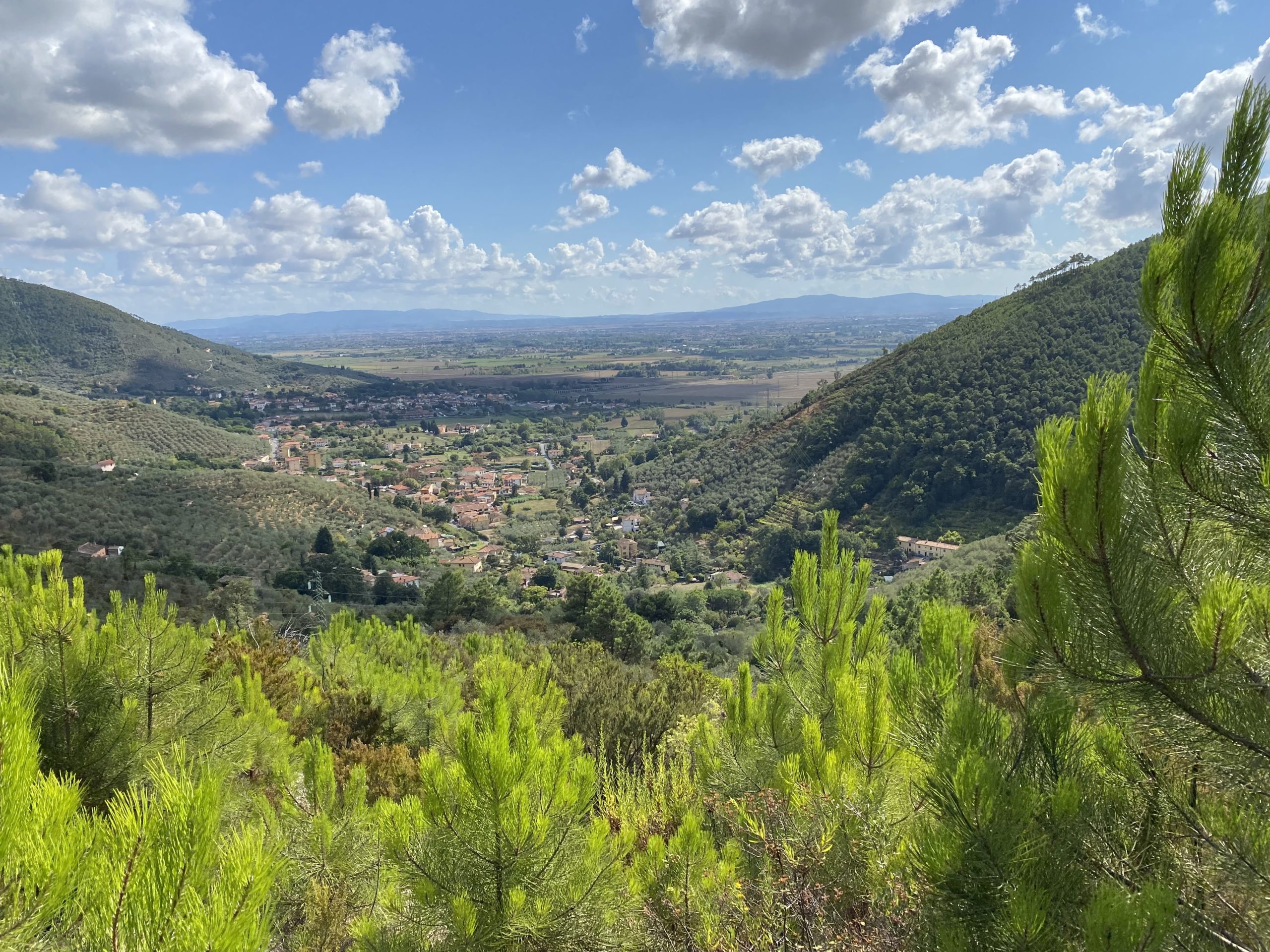Starting my academic journey – A good idea or not et al.?
The 8th June 2021 was the day on which I knew that I will move to Italy to start an exciting journey and pursue an academic career. Applying for a Ph.D. was one of those decisions you don’t make lightly. But at the end of the day, you realize that it all makes sense and your entire past comes to a head at that moment of decision.
Where it all began
I grew up in Germany and have always had a certain curiosity for technology and science. That was also the reason why I studied industrial engineering at Technical University Cologne in my bachelor’s degree, where I not only got to know engineering but was also able to combine the business content with it. During my bachelor’s degree, I completed internships in the automotive and supplier industry. I worked in the areas of production and consulting.
Through the practical experience, two things suddenly became clear to me:
1. I have a great interest in process optimization.
For the first time, I became actively familiar with digital transformation in manufacturing. In the automotive industry, this process is known as Industry 4.0 – the intelligent integration of machines and processes. It was thrilling to work in this environment and observe how production has become significantly more dynamic and efficient due to technological advances.
2. I was curious about the human aspect of digital transformation.
Every technological change within different business fields or production areas relies on the behavior of the human side. Especially within manufacturing organizations, there are many influences that affect decisions about how to deal with novel technology.
After my bachelor’s degree, I decided to deepen my knowledge of operational and manufacturing processes by studying lean operations management at Montpellier Business School, in France. For the first time, I was committed to several business projects in an international environment. I was also exposed to interesting management theories. In particular, innovation management captured my curiosity.
During my studies, I did an internship in the field of digital compliance, which covers all issues in the frame of developing, implementing, and monitoring IT solutions. As a result, the topic plays a key role in transformation projects. Finally, as part of my master’s thesis, I conducted quantitative research to investigate blockchain technology adoption barriers in organizations.
Connecting the dots
When I first read about the Ph.D. project ‘Human models for collaborative robots’ job posting, I realized that this was a chance to further my interest in the topic of digitalization and technology. In my opinion, robotics is a very promising field of research and as this project takes into account the human side of digital transformation, I would be also able to understand the corresponding management perspective. At the same time this research program would allow me to contribute my skills to research on a professional scale in an international surrounding, since the host institution was Scuola Superiore Sant’Anna (SSSA) in Pisa, Italy.
The chance for more
After the experiences I have gained and which made me curious for more, I saw the perfect opportunity at EINST4INE to:
- collaborate with a group of world-leading academic experts
- work with 14 other Early Stage Researchers (ESRs) in the domain of digital transformation
- gain further experiences abroad
- receive exceptional training
- work at partner organizations during long term visits (so-called secondments)
- build up a network
Opportunities upon opportunities. But the most crucial point for me was that I could identify with the project because I am truly passionate about it. So driving research forward in this area and working independently on it seemed like an absolute dream job for me.
Hence, when I received the letter of consent for the Marie Curie scholarship, I knew where it would take me.
A good start

Tuscany landscape – Photo taken during a hike in San Giuliano Terme
In September 2021, I moved to Pisa where I got to know the wonderful research team I am currently working with right now. My supervisors, Professor Andrea Piccaluga, Professor Alberto Di Minin, Dr. Cristina Marullo and Dr. Valentina Cucino are highly passionate scholars who allowed me to gain a foothold in Italy and to get involved in the project ‘Human models for collaborative robots’. During September, I also finally got to know the other 14 ESRs of EINST4INE during our first bootcamp, which was held completely online.
What it’s all about
Currently, I am working in the field of social robotics. Social robotics is the science of robots that are able to communicate and cooperate with other humans and robots. The research primarily deals with robots that service humans in carrying interactions, rather than executing mechanical tasks. Collaborative robots (cobots) are industrial robots that work together with humans and are not separated from them in the production process by protective devices. Those cobots, therefore, play an important role in the field of human-machine interaction.
My goal is to develop a deep knowledge about how the implementation of how cobots can improve organizational performance. I will also examine the behavior of workers who collaborate with such robots. Furthermore, in consideration of the individual and organizational side, I’ll try to identify factors that promote the use of novel technologies.
It has just begun
In the frame of the Ph.D. program of SSSA, the first courses have started. These courses allowed me to improve my overall understanding of radical innovation as well as my knowledge of digital transformation on the individual and organizational levels. Furthermore, I began with the systematic collection of scientific papers dealing with digital transformation for analysis and research purposes.
Since the research project is related to the field of bio-robotics, we visited the SSSA BioRobotics Institute in Pontedera and talked to its researchers. There I came in touch with its robotics lab and became aware of the subject of tactile sensing.
In December, EINST4INE’s Digital Innovation Bootcamp took place in Rome, Italy. It was hosted by Luiss Guido Carli University and organized in a hybrid format, so it was also possible to attend online. The bootcamp covered advanced sessions on the topics of “Open Innovation & Internal Capability” based on interactive discussions with experts, reflections, and feedback sessions. This was also the occasion where I could meet my ESR colleagues in person. Overall, I’m very excited to develop myself further and to cooperate with the network in the domain of digital transformation.
Wrapping up
- The EINST4INE project turns out to be the perfect opportunity to move forward and to develop myself personally and professionally.
- Social robotics and human-machine interaction are promising and innovative research fields that offer the potential for major breakthroughs.
- My journey has just begun in Italy and I look forward with great anticipation to mastering future challenges with my colleagues.


Add a Comment